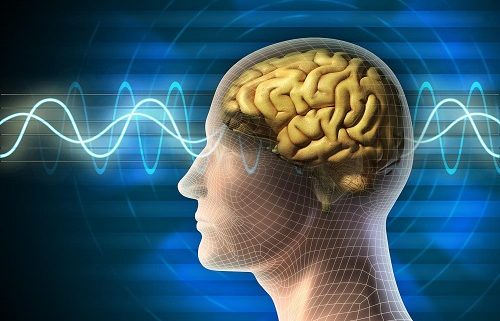TMS Magnetic Therapy for Depression
Learn about TMS Magnetic Therapy for Depression
Chances are if you have landed on this blog you are on the hunt for an alternative treatment for stubborn depression. Suffering with the daily effects of depression can be frustrating and disheartening when all you want to do is feel productive again. Maybe you have unsuccessfully trialed assorted antidepressants, only to be disappointed every time. When this occurs it is referred to as treatment-resistant depression, or major depressive disorder (MDD) that does not respond to the standard treatment protocol.
Enter the magnet. Yes, something as simple as applying magnetic pulses toward the appropriate region of the brain can yield surprisingly effective results by the end of the treatment period. This therapy is called transcranial magnetic stimulation, or TMS. TMS magnetic therapy for depression is a fairly recent alternative treatment innovation that has been improving the quality of life for those who have struggled with relentless MDD.
How Does Magnetic Therapy for Depression Work?
TMS Therapy uses a type of technology that is similar to that of the MRI, harnessing the powerful electromagnetic energy and directing it in repetitive pulses through a coil that is placed over the scalp. The theory behind TMS therapy involves the fact that in many cases, patients with MDD are shown to have an imbalance in brain chemistry, due to slowed or dormant neurons in the limbic system, or mood center of the brain. By applying the magnetic pulses to that left prefrontal cortex region, an electric current is induces that wakes up or stimulates those sluggish brain cells.
After a period of 4-6 of daily TMS treatments, 5 per week, the brain chemistry is reset. The patient will likely experience improvements in many of their depression symptoms, including better energy, sharper focus and concentration, better sleep quality, and overall improvement in mood.
Is TMS Safe?
TMS therapy has been proven to be a well-tolerated alternative treatment for major depression in patients who either were not helped by antidepressants or could not tolerate the TMS side effects. TMS is noninvasive, and as such does not require any general anesthesia, dramatically reducing any health risks associated with sedation. Patients are fully alert during the TMS treatments, and can immediately return to their usual daily activities after the treatment session.
Some minor side effects have been reported, although these have been seen to be transient effects that resolve on their own over the course of the treatment period. Those side effects include mild to moderate headaches, some scalp tenderness, or a tingling sensation in the jaw or face.
Clinical Studies on TMS Therapy Effectiveness
A wide range of clinical trials has been conducted worldwide on the safety and efficacy of TMS for treating not only depression, but also a host of other mental health disorders and health conditions. Linda Carpenter, M.D., who is a psychiatrist at Brown University, chaired a multisite study involving 42 U.S. TMS clinics in 2012. The results mirrored other similar multisite trials in demonstrating how effective the TMS therapy success rate is in treating major depression. Carpenter reported that 58% of the participants experienced improvement in symptoms and 37% achieved full remission.
Anew Era TMS & Psychiatry Provides Magnetic Therapy for Depression
Anew Era TMS & Psychiatry is a leading provider of TMS therapy in Orange County, California. Not only are the doctors and technicians experts in the use of TMS for treating MDD, but Anew Era TMS & Psychiatry is a comprehensive depression treatment center, with psychiatrists and therapists who practice evidence-based therapies, such as cognitive behavioral therapy (CBT), psychodynamic therapy, and dialectical behavioral therapy for treating all mental health disorders. For more information about magnetic therapy for depression, please contact Anew Era TMS & Psychiatry today at (888) 503-1549.





